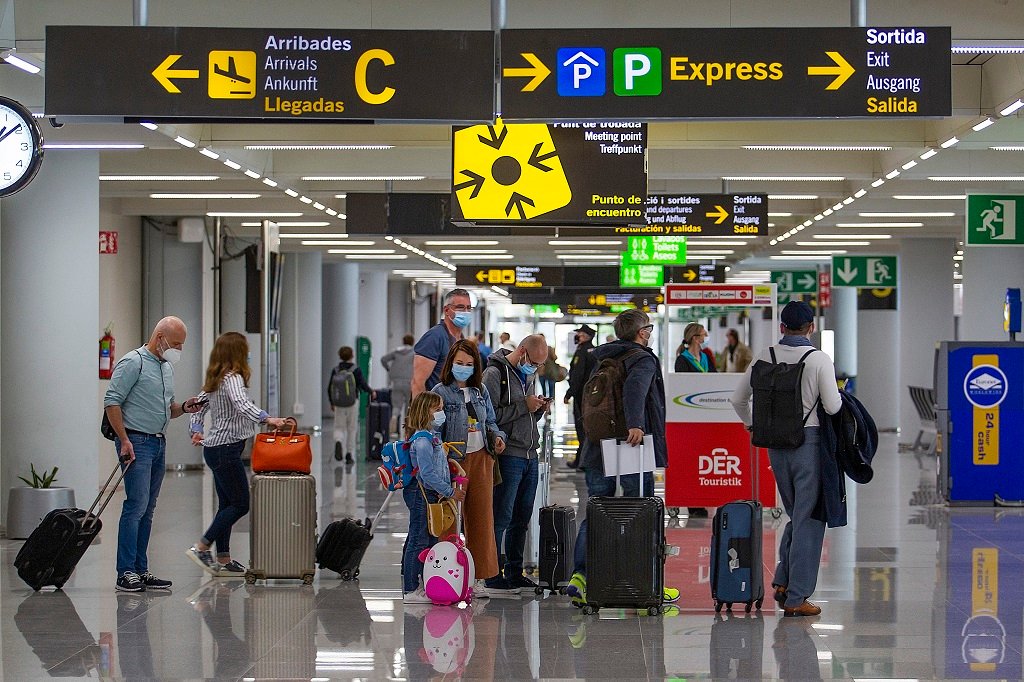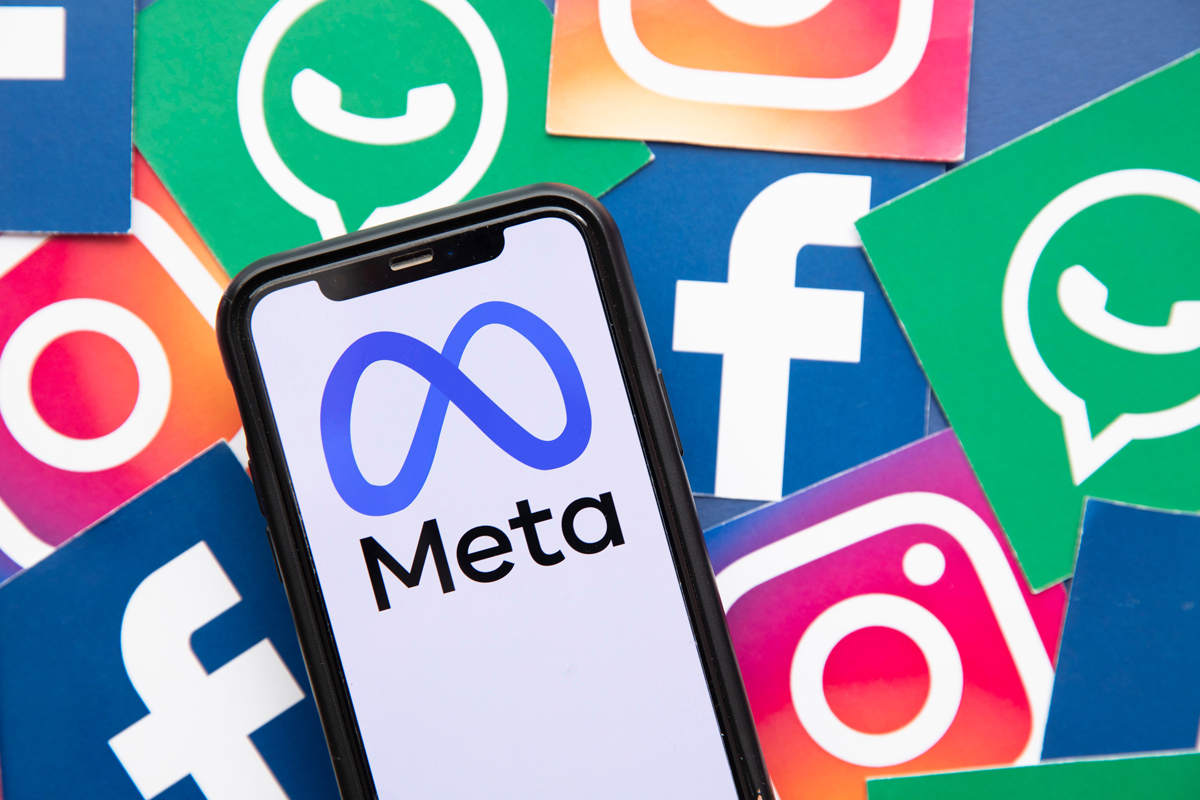Three of Africa’s mobile operators – MTN, Orange and Vodacom now have in place a “digital transformation” strategy. This means that they have an idea of how they will replace formerly lucrative voice revenues with digital content and service revenues.
According to the latest GSMA report – The Mobile Economy: Sub-Saharan Africa 2018, penetration (excluding duplicate handsets) was 44% against 66% globally. The market will reach peak users sometime soon. The GSMA says that there will be 50% penetration by the end of 2023 and 52% by the end of 2025. 33% of all Sub-Saharan African subscribers have smartphones and that figure will rise to 67% by 2025.
The foundations of the old mobile business model – voice revenues – are under threat and data produces low margins and requires higher levels of capital investment. Until recently, mobile operators in Africa have struggled to produce internally consistent business strategies that explain how they will dig themselves out of this hole.
It has also meant that the OTT (Over-The-Top) operators have been blamed by the mobile operators and many regulators for creating this set of circumstances by slowly bleeding away voice revenues through data voice apps like WhatsApp, Skype and Viber.
However, voice is only part of the digital services economy and there are wider and more profound consequences: it’s much more than just lost voice revenues, there’s a whole digital landscape out there. In a talk at the Apps Africa Innovation Awards in November last year, Herman Singh, Group Chief Digital Officer explained that users used to go on their phones and mostly use telco-provided services Now they use only 20% of services (and falling) that are telco-provided and users are going off elsewhere on their phone to get what they want.
So at the heart of MTN’s fight-back against the OTTs is copying the business strategy of the OTTs themselves:”The trick is building a big community and keeping them on your platform as long as possible. That’s the secret to making money in this space.” Through its investments in Jumia in Africa and Snap in Iran, it wants to build a single app that will do all the digital things users want access to. In Africa, this is Jumia One: “There’s everything on one app. You never need to leave the app.”
He identified three key services that users can send each other in digital form: music, movies and games. Based on the latter, MTN has already built itself a US$100 million gaming business. MTN has chosen to build future new revenues by getting into digital services:” We’re a telco talking about e-commerce. This is not our core business. We got into it because no-one else wanted to get into it”.
Orange has a similar but slightly different strategy to build a new business model. It plans to focus on 1. mobile financial services; 2. Energy; 3. Content and 4. developing its B2B services.
Again there is a focus on building a platform that will gain user attention and revenues. According to Thomas Chalumeau, Senior Vice President Strategy and Development, Orange Middle East and Africa:” What we want to do is increase the users of Orange et Moi (My Orange) and by doing this increase the overall audience for all digital players”.
Also, like Safaricom, it wants to build the volume of financial transactions on its platform and in doing so build a significant revenue stream from servicing these transactions. According to the latest GSMA report referred to above, there were 135 live mobile money services across Sub-Saharan Africa by the end of 2017. The bulk of these services were in West (57) and East (51) Africa, with far fewer in Southern and Central Africa. The report also says there are now 120 million active mobile money accounts.
Part of Orange’s strategy will be done through building partnerships with digital content providers:” We will chase revenue share agreements with digital partners. So for example, TV services are a simple way to monetize networks and we partner with Canal+ and irokotv” It has also invested in Bizao that facilitates easier access to APIs for both mobile companies and digital services operators.
Specifically on the increased CAPEX required for new data networks needed to achieve all this, Chalumeau said: “Globally Africa is the continent that needs most (infrastructure). We are interested in both passive and active infrastructure sharing and will accelerate discussions with partners. We want to build a stronger agenda in this area”.
Vodacom – the third of the large African operators – is taking a leaf out of the OTT operators’ playbook. According to Zunaid Mahomed, Vodacom Group Digital and Fixed Services Officer: “We have embraced a version of our digital service operating model where we are able to provide services, not just to traditional Vodacom telco service customers, but to all customers. Most of our Vodacom-branded digital service portfolio is available to all digital audiences. While the service is telco agnostic, there will be instances where Vodacom SIM users get a better experience”. This same “anyone-can-use-it”, platform agnostic approach is also echoed in the music streaming platform of Safaricom, Songa, which is also Vodafone-owned.



